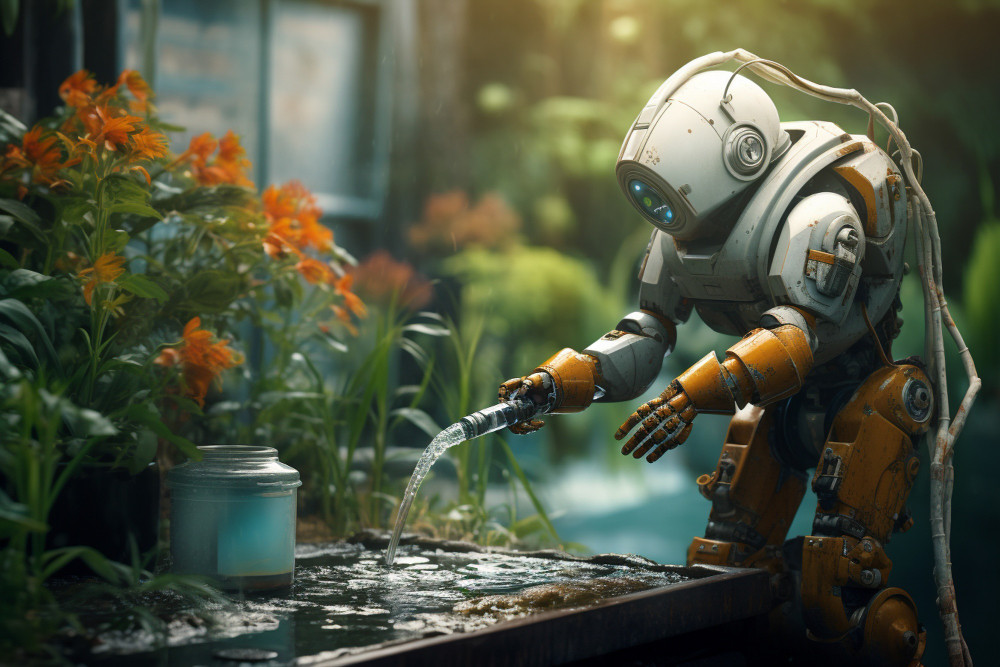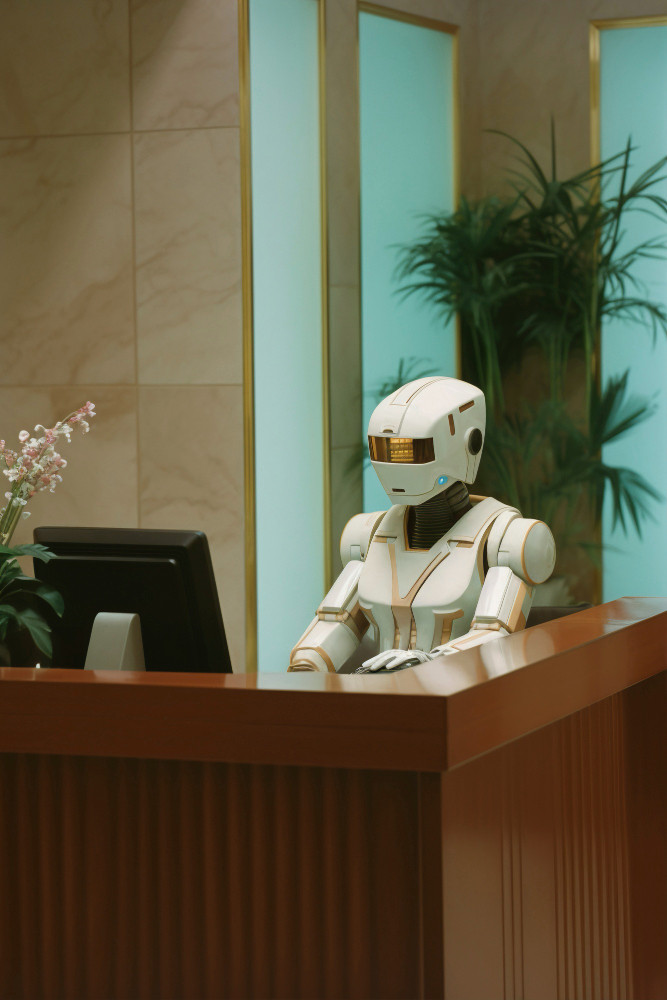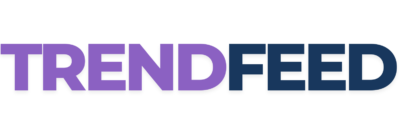Which AI-resistant jobs do you think will be most in demand over the next decade? What are Bill Gates’s predictions about it?
Is the world becoming a place where machines handle most of our daily tasks, from writing emails to diagnosing illnesses?
It sounds like science fiction, but it’s closer than you think. As artificial intelligence (AI) grows smarter, many jobs could change or disappear.
But there’s hope—some careers might stand strong against this wave of automation. Tech pioneer Bill Gates has shared his thoughts on this topic, pointing to a few roles he believes will resist AI’s takeover.
Let’s explore what these jobs are and why they might be safe.
Why Some Jobs Are AI-Resistant

AI is great at tasks that follow clear patterns, like crunching numbers or sorting data. But it struggles with things that need creativity, complex decision-making, or a human touch.
Gates believes that certain jobs rely on these uniquely human skills, making them harder for machines to replace.
While AI can assist in many fields, it’s not ready to take over roles that require deep problem-solving or emotional understanding. This idea gives us a clue about which careers might thrive in the future.
The Three Jobs Gates Believes Will Survive

According to Gatesocs, Bill Gates has highlighted three careers he thinks will hold up against AI: coders, energy experts, and biologists.
- Coders: You might think coding would be an easy target for AI, since machines can write code. But Gates says human coders are still needed to fix errors, improve systems, and guide AI’s development. It’s like being the brain behind the machine, making sure it works right.
- Energy Experts: The energy sector—think oil, nuclear, or renewable energy—is too complex for AI to handle alone. Humans are needed to make big decisions, manage crises, and plan for a sustainable future. It’s a field where strategy and experience matter more than raw computing power.
- Biologists: In fields like medical research, biologists bring creativity and intuition that AI can’t match. While AI can analyze data or spot patterns, it’s humans who dream up new ideas and push science forward. Gates sees them as key to solving big problems, like curing diseases.
These roles aren’t just about technical skills—they demand critical thinking and adaptability, qualities that keep humans ahead of machines.
What This Means for You

Gates’ predictions aren’t set in stone, but they’re a wake-up call. AI is changing the workplace fast, and staying relevant means building skills that machines can’t easily copy.
Things like problem-solving, creativity, and teamwork will always be in demand. Learning about technology, even a little, can also help you work alongside AI instead of competing with it.
The future might look different, but it’s full of opportunities for those ready to adapt.
This isn’t about fear—it’s about preparation. By focusing on what makes us human, we can carve out roles that AI can’t touch.
Gates’s vision reminds us that while machines are powerful, people still have a unique edge. What will you do to stay ahead in this AI-driven world?
